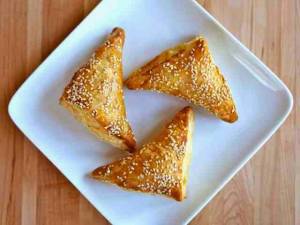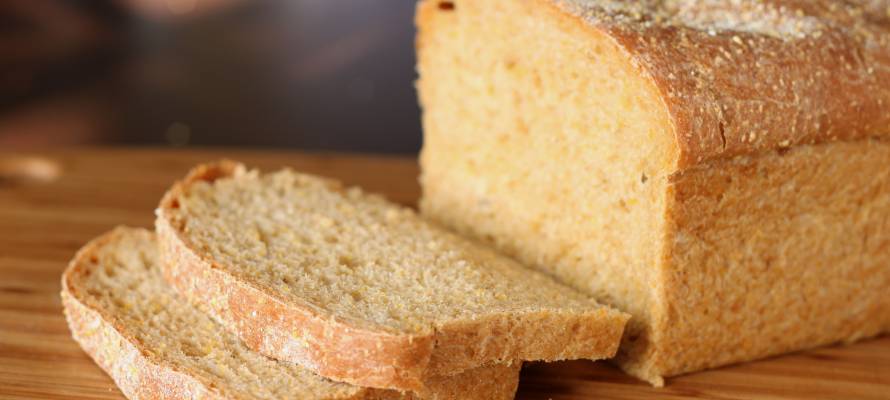
By Rabbi Ari Enkin, rabbinic director, United with Israel
Most people do not know that for bread to be considered kosher, regardless of its ingredients, it must be parve. This means that it may not contain any dairy or meat ingredients whatsoever.
Under most circumstances, it is simply forbidden to bake a dairy or meaty loaf of bread. This enactment was put in place lest we come to eat dairy bread within the course of a meat meal (or the reverse). This was, in fact, a genuine cause for concern. For example, there was a custom in Europe to bake the challah bread for Shabbat (Jewish sabbath) with meat gravy, and to bake a special dairy bread in honor of the Shavuot holiday, and hence, there was always the worry of where any leftover bread could end up.
If, for whatever reason, you feel compelled to bake a loaf of bread with meat or dairy ingredients, there are some rules that must be followed in order to ensure compliance with Jewish law.
First of all, the bread one bakes must be “very small.” The reason for this restriction is that we are confident that such a small amount of bread will not remain in the home long enough – likely not even past the meal it was intended for – to possibly come into contact with foods of the opposite type. What is considered “very small”? Some opinions on this issue include an amount that can be eaten at one sitting, an amount that will be eaten in one day, or an amount that will be eaten within 24 hours.
There are other grounds for exemption as well – namely, if the type of bread (or bread-like food, e.g., muffins) that one is baking is simply never eaten together with meat, in which case one would be permitted to knead such a dough with dairy products.

In Israel, all kosher triangle-shaped breads and pastries are dairy, as is this cheese boureka. (Photo: gastronomyoftheworld.com)
Another option is to make it clear through distinguishing marks that the bread is dairy, such as having cheese protrude from it, an odd shape or the like. It is not sufficient to merely stamp “dairy” (or “meat”) on the packaging to alert consumers as to its status. Such an arrangement is not considered acceptable, as it has led to documented cases of “accidents” occurring. Many kosher-certifying agencies do indeed certify dairy cakes, donuts, croissants and English muffins as kosher even if they contain dairy ingredients, as long as their shape or style is slightly different than the norm. In Israel, the “sign” that a bread product is dairy (if it is not obvious) is that it is triangular in shape. Yup, all the triangle-shaped bourekas contain cheese or other dairy products!
Some may suggest that if one is a vegetarian and therefore would never eat bread with meat, he or she should be permitted to bake dairy breads as normal. Sorry, the answer is no. Rabbinical ordinances are enacted for the entire community, regardless of whether the particular situation affects every single individual.
The issues discussed here are all associated with the concern of accidentally confusing milk with meat. Eating milk and meat products together is a severe prohibition based on three biblical admonitions, and therefore, we should take meticulous care in observing this mitzvah (commandment).
